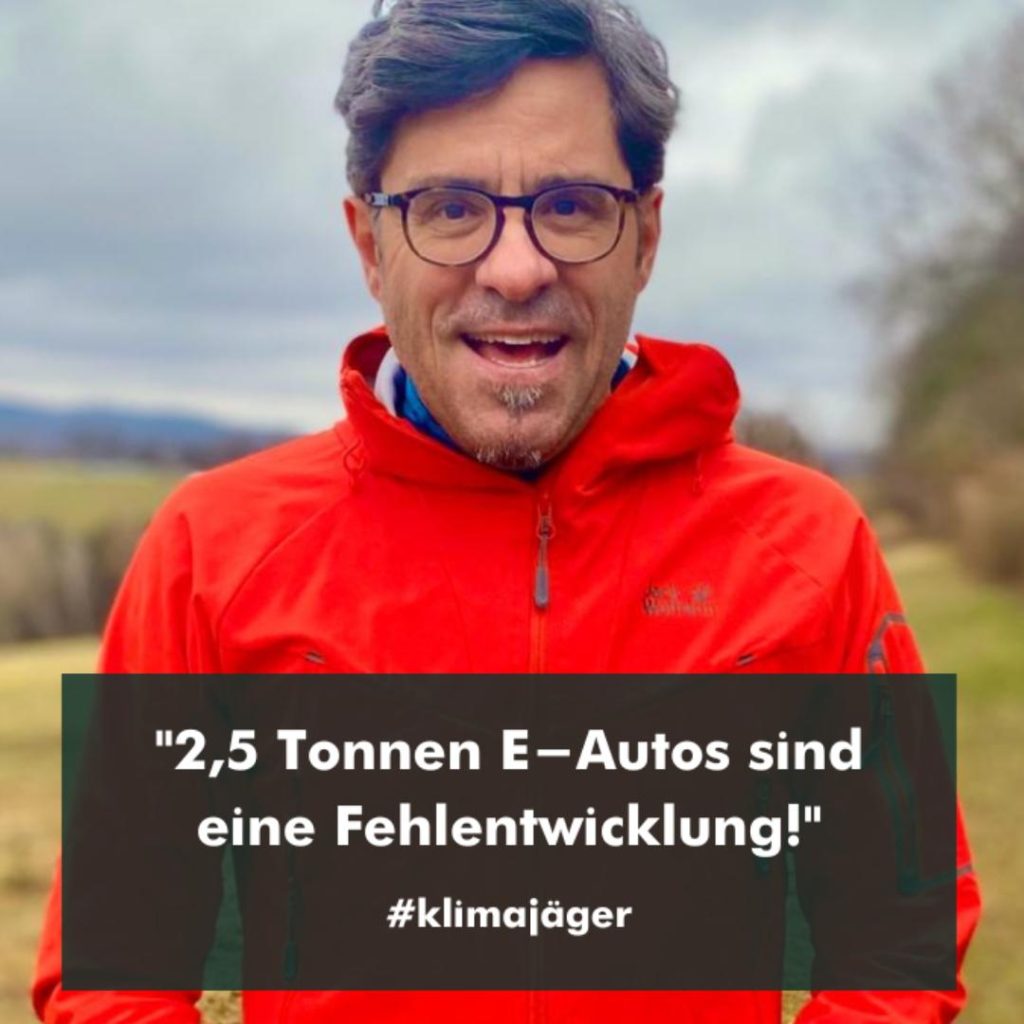Are electric cars a good thing?

This surprised me: not everyone was happy about the new GHG quota for electric cars. A bonus for driving an electric car. After all, you get good money every year. However, I noticed that there are widespread reservations about electromobility per se: What about the raw materials for the batteries? Are modern combustion engines really that bad? Do e-cars really help the climate? Good objections that I would like to address.
In a nutshell...
...nobody likes to hear it, but driving a car is more problematic than we would like to admit - for the climate, the environment and our health. Electromobility - provided it is implemented correctly - solves some of these problems. That's why the GHG quota for e-cars as an incentive to make the switch makes sense to me, especially if it is linked to climate protection projects, as is the case with neoomGREEN. And combustion engines? Unfortunately, nothing can be done. Combustion engines have an inherent problem: they produce highly toxic nitrogen oxides. In the long term, they should therefore be taken off the road, even the modern ones.
Driving causes THREE major problems
The interaction between car traffic and the climate makes life difficult for us in three ways: firstly, car traffic directly fuels global warming; secondly, roads, garages and parking lots exacerbate the effects of climate change; and thirdly, climate change itself increases the toxic exhaust fumes from fossil fuels.
More concretely:
- Traffic heats up the climate
More than a quarter of ourCO2 emissions come directly from rolling traffic. More than agriculture or domestic heating cause. The transport sector is the only sector in Austria that has increased massively since the 1990s. All other sectors - industry, buildings, agriculture, waste management - have at least improved slightly over the past 30 years. The good news is that transport probably has the greatest potential to make up ground due to its faster material turnover. Cars are scrapped after 15 years. Industrial machinery, buildings and tractors, on the other hand, are designed for a longer cycle. That's why politicians are putting a lot of pressure on transport. Because it is necessary.
- Land consumption exacerbates the climate crisis
By consuming enormous amounts of land, driving increases the three most dangerous effects of the climate crisis: floods, droughts and heatwaves.
The sealing of the ground by roads and parking lots allows torrential downpours to shoot into the canals without detours. As a result, the channels overflow and flooding occurs more frequently than in the past. Interestingly, the sealing also leads to droughts: water that does not seep away and run off via the rivers is missing in the subsequent heat waves - which are getting longer and hotter. And last but not least, the shimmering asphalt surfaces exacerbate the heat island effect in cities.
- The climate crisis is making traffic even deadlier
Driving is known to cause noise, exhaust fumes, particulate matter, tire wear and accidents. This leads to serious health problems and even death. The fatal effects of poor air quality in particular are massively underestimated. According to the WHO, polluted air is considered the greatest environmental health risk in the EU: in Germany, 28,900 people died in 2020 from particulate matter alone, 10,000 from nitrogen dioxide (NO2) and 4,600 from ozone (O3) - a total of 43,500 deaths from polluted breathing air. The problem is that global warming is making the pollutants even more deadly: higher temperatures mean that more toxic ozone is produced from the nitrogen oxide exhaust gases of combustion engines.
The question now is what electric cars can do to change this.






